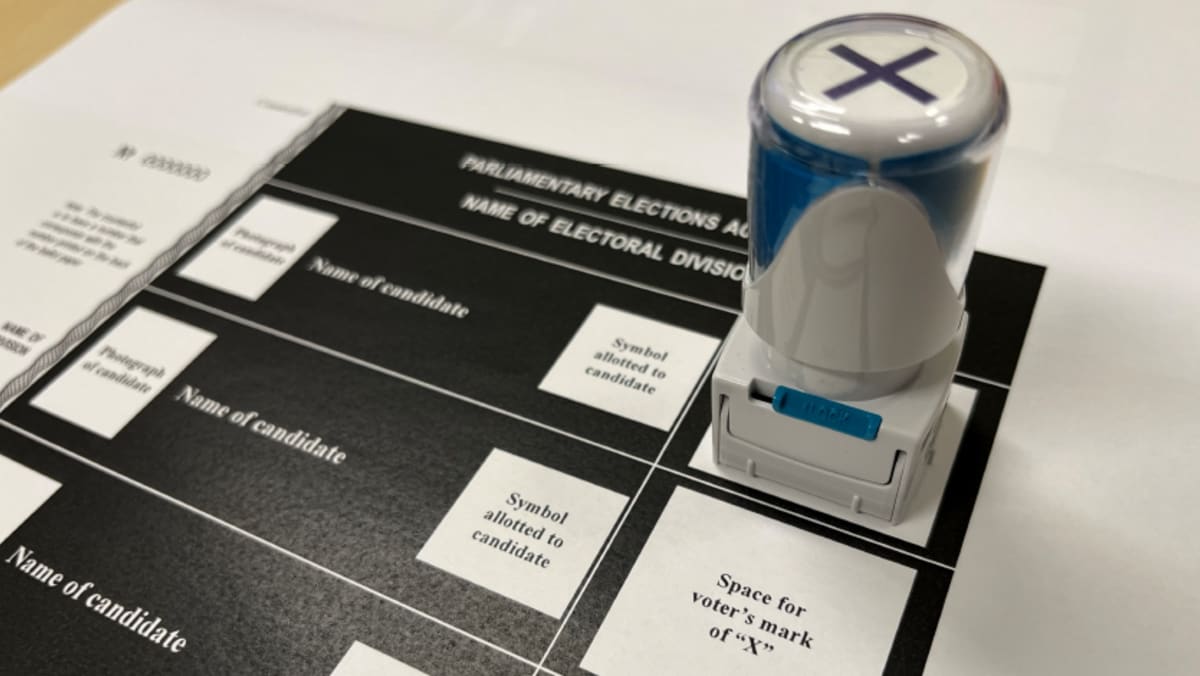OPTIMISTIC IN RESOLVING OUTSTANDING ISSUES
Mr Wong said he is optimistic about working with his Malaysian counterpart to settle outstanding bilateral issues, and noted that there are positive areas of cooperation between the two sides, along with new areas that can be identified down the road.
During a joint press conference earlier in the day, Malaysian Prime Minister and Finance Minister Anwar Ibrahim had said it would be “marvellous” if issues, such as water, airspace and maritime boundaries, could be resolved by the next Singapore-Malaysia Leaders’ Retreat at the end of this year.
Mr Wong told the media that these are longstanding issues, but he nonetheless is approaching the negotiations with good faith and hoping for the best outcomes.
“My predecessor Senior Minister Lee (Hsien Loong) had hoped to resolve them before he handed over to me, but it didn’t materialise,” he said.
“Still, I think he had a very good leaders’ retreat last year with PM Anwar and they agreed or they discussed how to move forward on each of these issues. There are mechanisms in place for the officials to talk, they have been doing so.”
He described his meeting with Mr Anwar as candid and fruitful, and said he hopes both sides can indeed make good progress on the issues.
“Certainly, if we can, that will be excellent. But even if we can’t, so long as we are making progress, closing the differences and then identifying what are the key issues that we need to resolve, and hopefully on airspace, water, maritime delimitation, the differences narrow,” said Mr Wong.
“I think if we are able to do so that would still be a very good outcome, and then we continue on.”
UPHOLDING INTERNATIONAL LAW
Mr Wong noted that the rule of international law and freedom of navigation are among the key interests which Singapore and other ASEAN countries want to uphold.
For instance, not all countries in the regional bloc are claimant states in the South China Sea dispute, including Singapore, noted Mr Wong.
“But I believe all ASEAN countries would be concerned about freedom of navigation, freedom of overflight, and the need to resolve these disputes in a way that’s consistent with international law, and also in a way that is done peacefully and without bringing about escalation or doing anything that may bring about miscalculations or conflicts,” he said.
“So even though not everyone is a claimant state, I think all ASEAN countries have an interest in steering outcomes in that direction.”
He said that the regional bloc is negotiating a code of conduct with China regarding South China Sea, and that Singapore will continue to play its part in helping to steer discussions and negotiations.
Among the claimant states in the territorial dispute are ASEAN nations Brunei, Malaysia, the Philippines, Vietnam and Indonesia.

